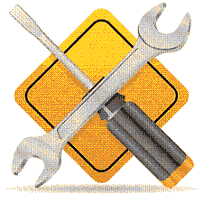 Today’s Ductless Mini-Splits Can Help Keep You Warm This Winter
Today’s Ductless Mini-Splits Can Help Keep You Warm This Winter
Over the years, ductless mini split technology has improved greatly, making it a more viable heating solution in cooler climates. Follow these tips to maximize your ductless mini split for optimal performance during cooler temperatures. Continue reading “Maximize Your Ductless Mini Split for Optimal Performance During Cooler Temps”
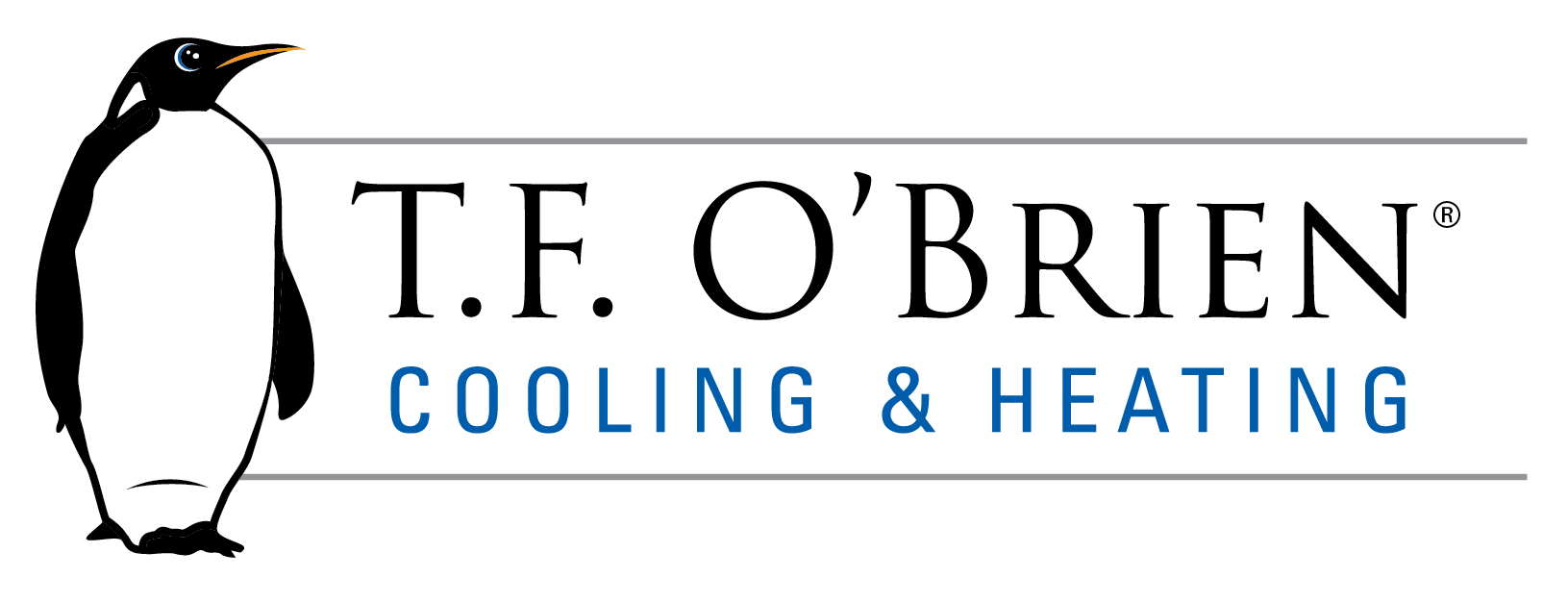
 Have an Expert Inspect Your Home for Savings Opportunities
Have an Expert Inspect Your Home for Savings Opportunities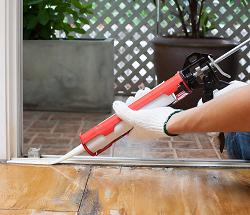 Keep Your Cool and Warm Air in Your Home
Keep Your Cool and Warm Air in Your Home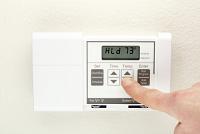 Customize Your Home’s Temperature With Remote Capabilities
Customize Your Home’s Temperature With Remote Capabilities Why You Should Treat Insulation as a Vital Part of Your Home Comfort
Why You Should Treat Insulation as a Vital Part of Your Home Comfort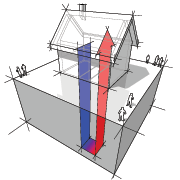 The Environmental Protection Agency (EPA) and Department of Energy (DOE) agree that
The Environmental Protection Agency (EPA) and Department of Energy (DOE) agree that 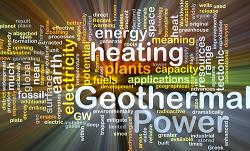 Is Your Home a Candidate for an Energy Efficient Geothermal System?
Is Your Home a Candidate for an Energy Efficient Geothermal System?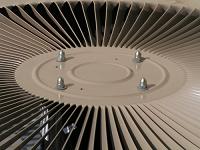 What You Can Do to Help Your Heat Pump Meet the Demands of Summer Weather
What You Can Do to Help Your Heat Pump Meet the Demands of Summer Weather Save on Energy Costs by Adjusting AC or Heat Based on Use
Save on Energy Costs by Adjusting AC or Heat Based on Use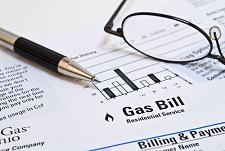 Learn How You Get Billed for Your Energy Use
Learn How You Get Billed for Your Energy Use